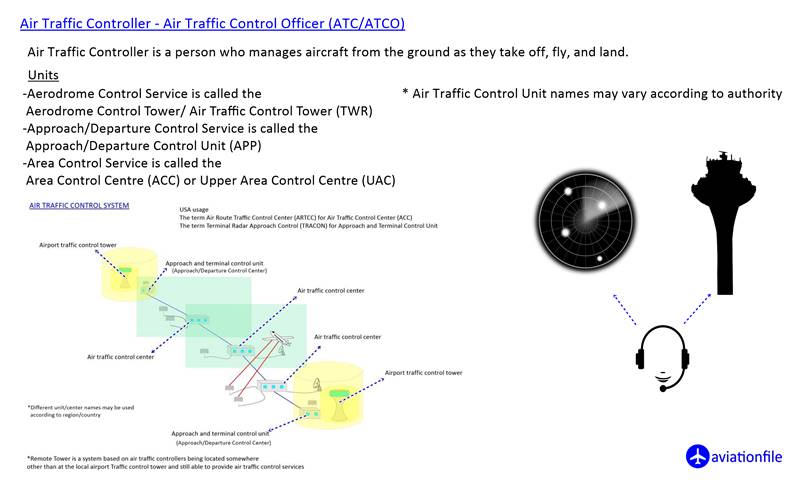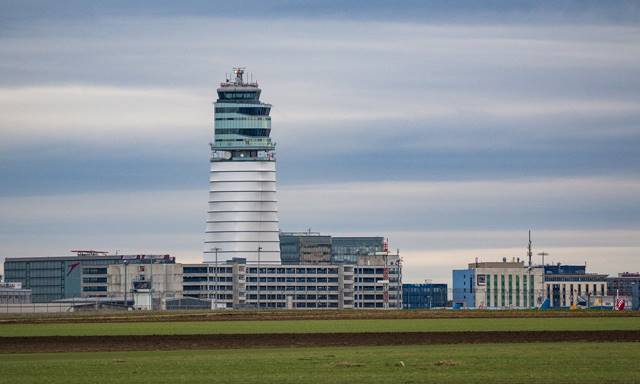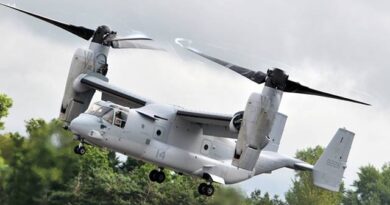Factors Affecting the Performance of Air Traffic Controllers
Air traffic controllers play a crucial role in ensuring the safe and efficient operation of air travel. Their performance is critical to preventing accidents and delays. Numerous factors can affect the performance of air traffic controllers, including:
Controller-Related Factors:
- Experience and training: Experienced and well-trained controllers are better able to handle complex situations and make sound decisions under pressure.
- Workload and fatigue: High workloads and fatigue can impair controllers’ cognitive abilities and decision-making skills.
- Stress and mental health: Stress and mental health issues can negatively impact controllers’ attention, focus, and overall performance.

Work Environment Factors:
- Technology and automation: Advanced technology and automation can help reduce controllers’ workload and improve efficiency, but they can also introduce new complexities and challenges.
- Equipment and workspace: Poorly designed equipment or workspaces can hinder controllers’ ability to perform their duties effectively.
- Communication and teamwork: Effective communication and teamwork among controllers are essential for managing air traffic safely and efficiently.
External Factors:
- Weather conditions: Adverse weather conditions can significantly increase the complexity of air traffic control operations.
- Airspace congestion: Heavy air traffic volume can lead to increased controller workload and potential delays.
- Emergencies and unexpected events: Unexpected events, such as aircraft emergencies or technical glitches, can disrupt normal operations and challenge controllers’ decision-making abilities.
Managing these factors is crucial for maintaining the high level of performance required of air traffic controllers. This involves implementing effective training programs, providing adequate staffing, optimizing technology, and fostering a supportive work environment. By addressing these factors, air traffic control organizations can help ensure the safety and efficiency of the skies.
References
- Manning, C. A., Duchon, J. P., & Harris, D. (2002). Mental stress and fatigue in air traffic control. The International Journal of Aviation Psychology, 12(1), 1-14.
- Hah, J., Han, Y., & Lee, J. (2006). The effect of fatigue on cognitive performance in air traffic controllers. Ergonomics, 49(2), 197-206.
- Crutchfield, J. L., & Rosenberg, M. E. (2007). The impact of communication difficulties on the performance of air traffic controllers: An empirical study. Journal of Air Transportation Management, 13(1), 27-36.
- Edwards, M., Wilson, G., & Harris, D. (2012). Situation awareness in air traffic control. Ashgate Publishing, Ltd.
- ICAO. (2009). Manual of air traffic services. International Civil Aviation Organization.



